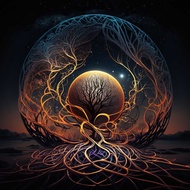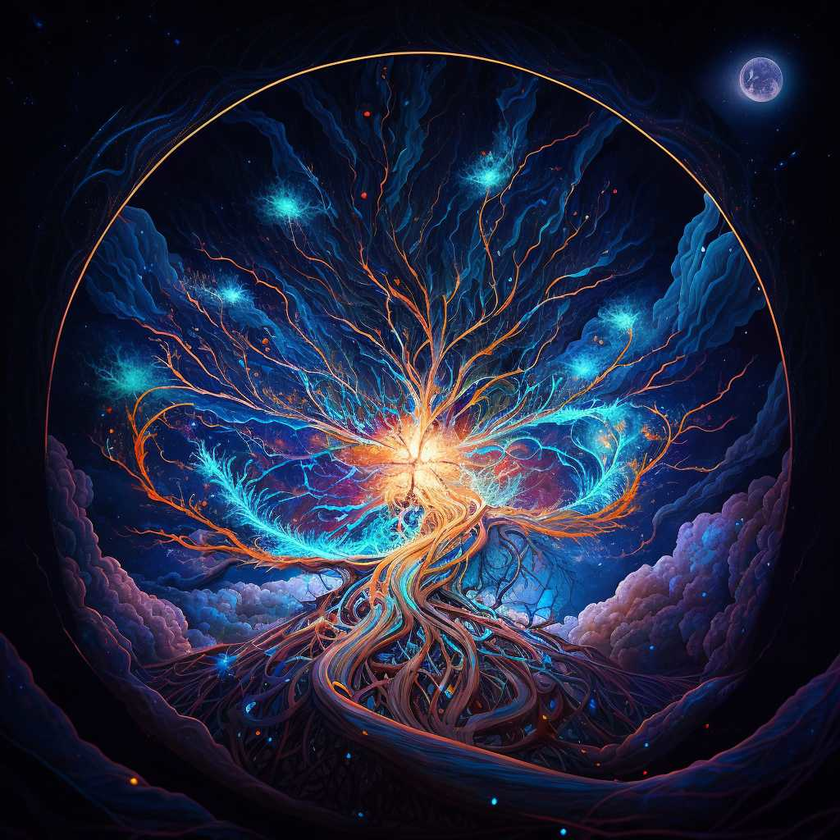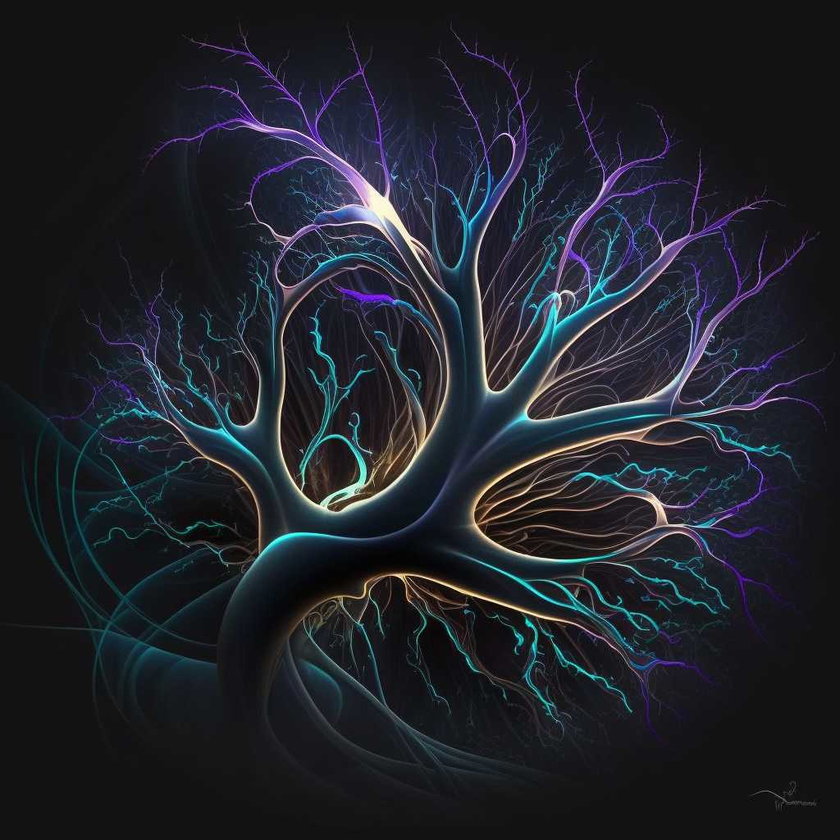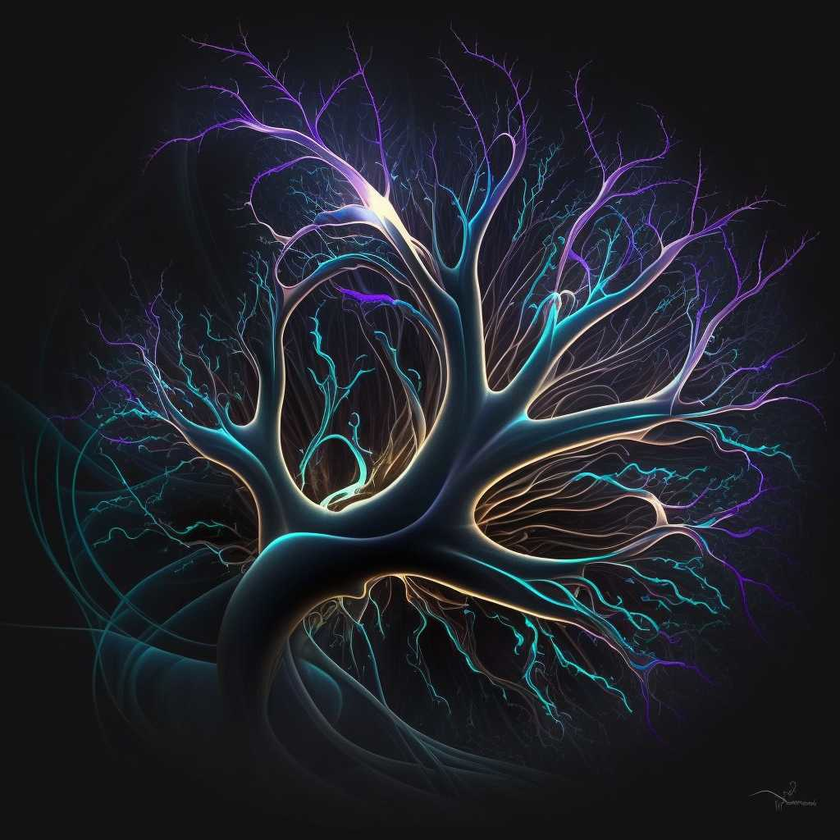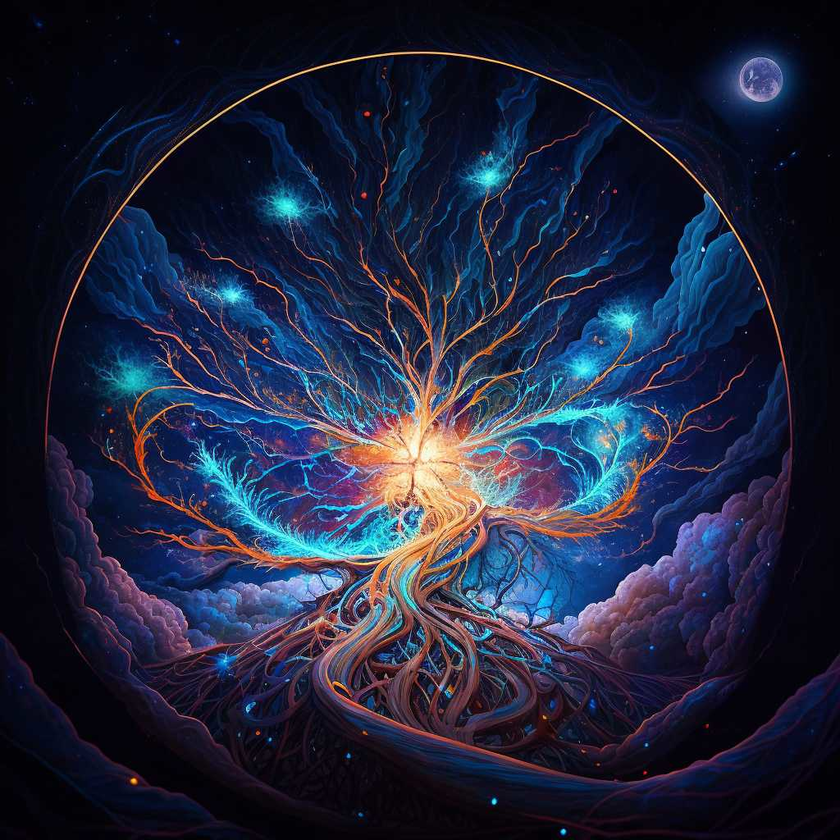Introduction
Consciousness, a seemingly ubiquitous and fundamental aspect of human existence, is also one of its most elusive and enigmatic puzzles. As science has made astonishing strides in discovering and explaining many facets of the natural world, the hard problem of consciousness continues to challenge and stump even the sharpest minds. This article will dive into the depths of this elusive concept, exploring the nature of the hard problem of consciousness, its implications, and the various theories that have attempted to shed light on this fascinating enigma.
The nature of the hard problem of consciousness
The term "hard problem of consciousness" was coined by the philosopher David Chalmers in the early 1990s. In contrast to the "easy problems" of consciousness, which primarily involve understanding the cognitive and neurological mechanisms behind various mental processes, the hard problem embodies a more profound, enigmatic question: How do the physical processes in the brain give rise to subjective experiences or qualia?
Despite advancements in neuroscience in recent years that have enhanced our understanding of the brain's structure and function, the hard problem of consciousness presents a seemingly unbridgeable gap between the objective nature of scientific inquiry and the subjective first-person experiences that define consciousness. The enigma lies in the apparent impossibility of scientifically reducing the rich tapestry of internal experience to mere brain functions or physiological processes.
Competing theories and approaches
Numerous theories have emerged in attempts to address the hard problem of consciousness, each exploring different aspects and interpretations of the mind-body relationship. A few of the prominent theories include:
1. Physicalism (reductive materialism): This perspective argues that consciousness can be entirely explained by the physical processes of the brain, and that subjective experiences could eventually be reduced to neurobiological phenomena through a more advanced scientific understanding.
2. Panpsychism: This approach suggests that consciousness is a fundamental property of the universe, on par with time, space, and matter. According to panpsychism, even microscopic entities possess a rudimentary form of consciousness, converging to create the rich, subjective experiences we associate with human consciousness.
3. Dualism: This classical philosophical position, championed by the likes of René Descartes, maintains that consciousness is a distinct, non-physical entity that interacts with the physical body. Dualism refuses the reduction of consciousness to purely material processes but struggles to explain the precise nature and interaction of the non-physical mind.
4. Integrated Information Theory (IIT): Developed by neuroscientist Giulio Tononi, IIT proposes that consciousness arises from the integration of information in the brain, measured by a mathematical value known as phi. According to IIT, any system with a non-zero phi value possesses some level of consciousness.
The implications of the hard problem
The ongoing quest to solve the hard problem of consciousness carries significant implications for our understanding of the self, artificial intelligence, ethics, and even the nature of reality. If subjective experiences can be reduced to objective mechanisms in the brain, it could ultimately transform the way we perceive the distinctions between humans, animals, and AI. Conversely, if consciousness remains an irreducible phenomenon or is grounded in something beyond the physical, it could challenge the very foundations of our scientific understanding of the world.
Conclusion
In grappling with the hard problem of consciousness, we engage in a timeless intellectual pursuit that transcends scientific disciplines and philosophical domains. From the neural circuits of the brain to the properties of matter itself, the enigma of consciousness challenges us to deepen our knowledge and probe the limits of what we know and understand about ourselves and the universe. As the quest continues, unveiling the mystery of the conscious mind will reshape the horizon of human understanding, guiding the unfolding narrative of our collective search for truth.
